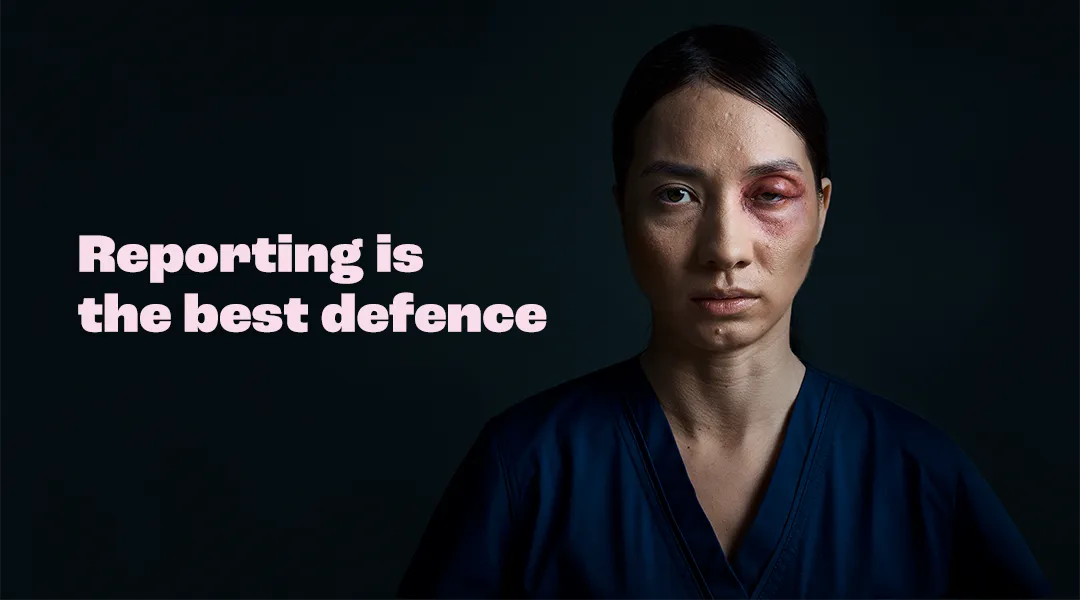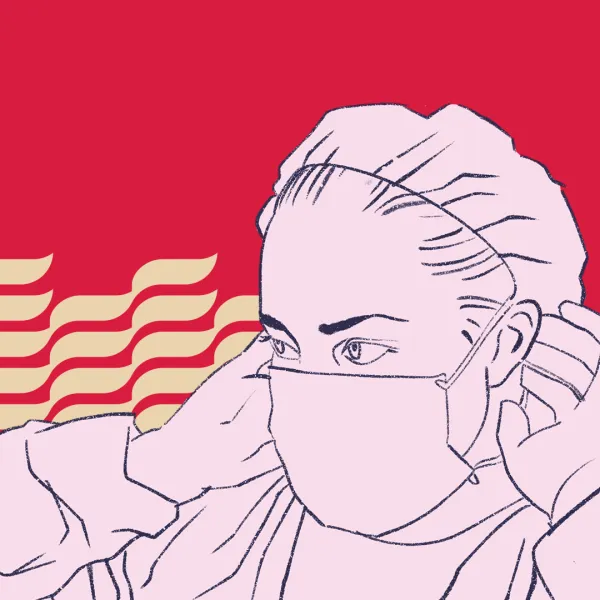It is important that you, as an employee, report accidents to your employer as soon as possible. Workplaces usually have mutually agreed practices on how to submit reports. Also report close calls.
See a doctor immediately or as soon as possible after the accident. It is also advisable to check that the information and description of the accident are recorded correctly in the medical report.
If you monitor the development of any symptoms for a very long time and do not seek treatment, it may affect the processing and reimbursement of the claim by the insurance company. Any delay between the incident and seeking treatment may create an impression that the symptoms that started later are due to something other than the accident at work. Do not delay seeking treatment!
Ensuring occupational safety and risk assessment are duties of the employer. That is why the employer must intervene in any violence or threat of violence at work.
The employer must report any severe accidents to the police and the Occupational safety and health service of the Regional State Administrative Agency without delay. This duty to report is based on law and failing to report is subject to punishment.
The employer must also process any reports of threatening situations and occupational safety issues and ensure that measures are taken to prevent similar situations in the future. Employees must also be trained in managing threatening and violent situations.
The employer must also file an insurance claim with the insurance company. The insurance claim must provide details on how the incident occurred. According to law, the insurance claim must be filed without delay and within 10 weekdays of the employer/supervisor being notified of the accident. Make sure that the description of the accident recorded on the claim corresponds to your own understanding of what happened.
Is making occupational safety reports useful?
In 2021, Tehy commissioned a comprehensive survey on violence in the social welfare and healthcare sector on its members. Sixty-nine per cent of respondents said that they had experienced the threat of physical violence or violent behaviour at work over the course of their career. As many as 84 % of respondents below 35 years of age had experienced violence or threats of violence.
Many respondents felt that filing occupational safety reports is useless because they never lead to anything at the workplace. Some even thought that violent situations are part of the job and a normal occurrence at work. If you feel similarly to the respondents to the Tehy survey — ”reporting is useless” — the situation is serious and you must speak up at work.
Any occupational safety reports filed by the employees leave a paper trail, which is why reporting is also important for the employee's legal protection. Filing occupational safety reports is part of the work of a social welfare and healthcare professional.
Similarly, the employer and supervisor must process any reports filed. They cannot be just filed away. After an incident, the workplace should consider how the situation could have been prevented and whether measures to improve safety should be taken to prevent a similar situation from recurring.
No one must be blamed while processing reports. On the contrary, it is the responsible thing to do to file a report to allow for changes to be made and measures to be taken to prevent future incidents. At the same time, you may prevent your colleague from encountering similar situations – reporting is the best defence.
I was hit on my forehead with a bottle and fell down 24 stairs
The ‘Nyrkkisääntökirja’ book published by Tehy contains depictions of violence at work by 166 social welfare, healthcare and education professionals. Some of the accounts in the book reveal that the employee was left alone with their experience of violence and the employer did not even ask them how they were doing.
Summary of a story by a nurse in the ‘Nyrkkisääntökirja’ book:
”I encountered a patient on a staircase landing. I asked them where they were going wearing hospital clothes, I was hit on my forehead with a bottle and fell down 24 stairs. My colleagues lifted me onto a bed and pushed me to the emergency room while I was unconscious. The incident resulted in a broken nose, among other injuries. The supervisor offered no help at all, and the employer never asked me how I was doing.”
Facial fractures are considered serious occupational accidents that must be reported. In the story in the book, the employee could not have reported the violent incident themselves. In this event, it is vital that information on the situation is provided to the supervisor immediately by some other means.
The employer also seemed to break the law, not to mention failing to ensure the wellbeing of its employee after a violent incident at work.
Read more about violence prevalent in the social welfare and healthcare sector and how to prevent it on Tehy’s Black-Eyed Day campaign page.


